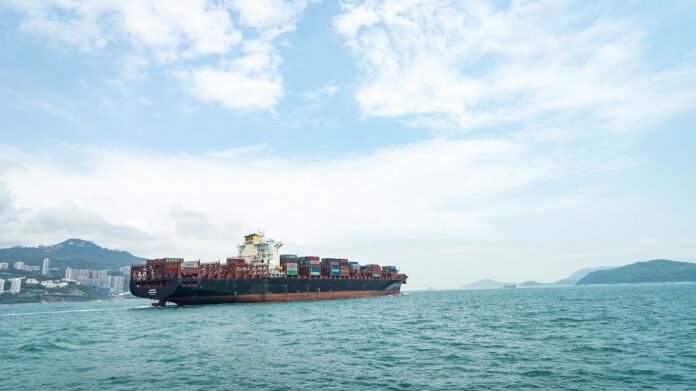The United States is closely monitoring the significant surge in Russian oil shipments to Chinese ports via the Northern Sea Route (NSR), signaling a deepening collaboration between Beijing and Moscow in the Arctic region.
As reported by the Russian Service of Voice of America, the increase in oil transportation along this route has raised eyebrows in Washington, prompting National Security Council Coordinator for Strategic Communications, John Kirby, to remark, “No one is seeking conflict. We will be watching this as closely as possible” during a White House briefing.
The Northern Sea Route stretches along the Russian coast, traversing from the Barents Sea to the Bering Strait, offering a strategic passage in the Arctic for shipping and resource transport.
Since the start of the year, approximately a dozen shipments of Russian oil destined for China, employing Russian vessels, have navigated the NSR. This uptick in activity underscores the growing cooperation between Russia and China in the Arctic, while also drawing the attention of international observers.
Reports from the AP look into the implications of this increased oil transportation along the NSR. The Arctic region, once primarily a zone of scientific interest, has now evolved into an arena of economic and geopolitical significance. Russia’s strategic push in the Arctic aligns with its ambitions to assert dominance in this resource-rich region.
China’s collaboration with Russia in utilizing the NSR for oil shipments underscores its commitment to securing energy resources from diverse sources, reducing its dependency on traditional supply routes. This development also enhances China’s position in the global energy landscape.
Attention now turns to the future of Arctic cooperation and competition, as Russia and China deepen their engagement in this vital region. The decisions made in the Arctic have the potential to reshape global energy, trade, and geopolitical landscapes, with significant implications for international relations.



